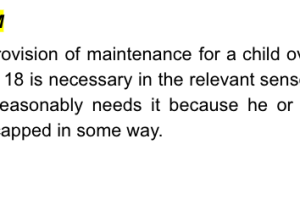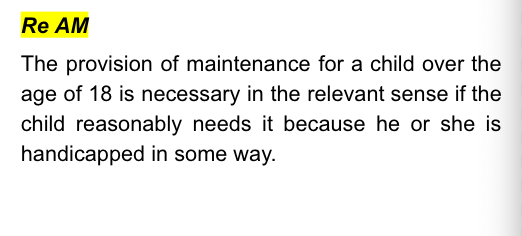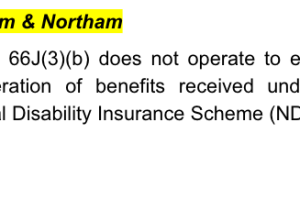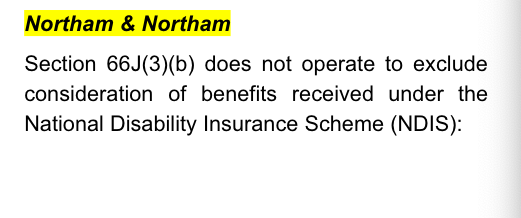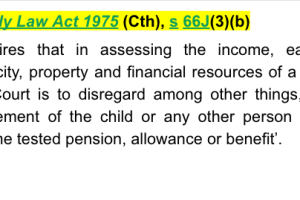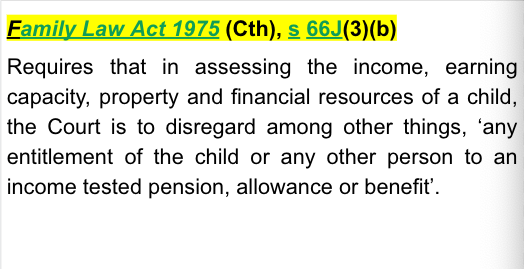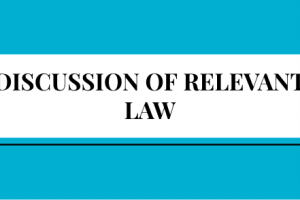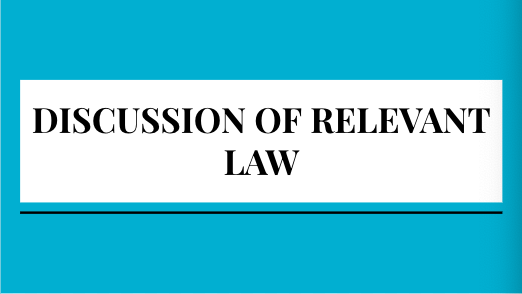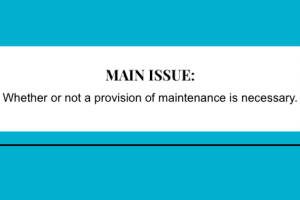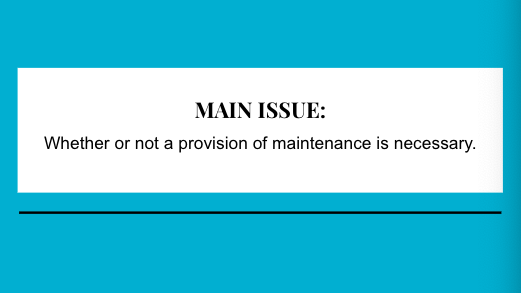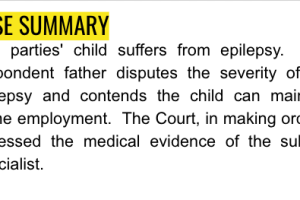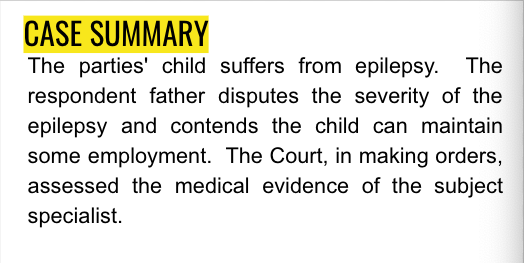- · 4788 friends
Father Disputes Maintenance Orders

Hickman & Hickman [2022] FedCFamC2F 1557 (17 November 2022)
The parties' child suffers from epilepsy. The respondent father disputes the severity of the epilepsy and contends the child can maintain some employment. The Court, in making orders, assessed the medical evidence of the subject specialist.

Facts
The parents commenced a relationship in around 1994. They subsequently had two children Mr C born in 1996 and Ms B. The parties separated in 2016. Property matters were resolved between the parties subsequently in December 2017.
Ms B suffers from epilepsy. The father disputes, among other things, the severity of Ms B’s epilepsy and in particular, whether it prevents her from undertaking employment. In May 2019, an application for maintenance for Ms B was initiated in this Court. Final orders were made by consent on 28 August 2019. Under those orders, the father was required to pay maintenance for Ms B in the amount of $125 per week.
Those payments were to commence on 5 September 2019 and continue until 2 September 2021. The orders also provided that at least one month before the expiration of the orders, the parties were to arrange mediation to review Ms B’s condition with a view to assessing her future needs and the capacity of each party to contribute to those needs. The mother deposes in her material to her attempts to initiate mediation with the father. The father has not engaged and mediation has not occurred.
The mother now pursues this further application for maintenance on behalf of Ms B. The mother seeks orders that the father pay to her the amount of $200 per week for Ms B and that such payments commence from 4 November 2022 and continue until 4 November 2027. The mother also proposes an order that in the event Ms B obtains employment, the father be notified. The mother also seeks an order that the amount of maintenance be adjusted annually by the Consumer Price Index (CPI) for Melbourne for the preceding financial year.
The father opposes these orders. The mother relies on her Amended Initiating Application filed 5 October 2022, an Amended Financial Statement filed 27 October 2022, her trial affidavit filed 27 October 2022, the affidavit of Ms D affirmed 25 October 2022 and her outline of case. The father relies on his Amended Response filed 12 October 2022, an Amended Financial Statement filed 2 November 2022, and an affidavit filed on 4 May 2022. Each party filed a bundle of authorities.

Issue
Whether or not a provision of maintenance is necessary.

Applicable law
Family Law Act 1975 (Cth), ss 66B - the principal object of this Division is to ensure that children receive a proper level of financial support from their parents.
Family Law Act 1975 (Cth), s 66C - sets out the principles concerning the primary duty of a parent to maintain a child.
Family Law Act 1975 (Cth), s 66J(3)(b) - requires that in assessing the income, earning capacity, property and financial resources of a child, the Court is to disregard among other things, ‘any entitlement of the child or any other person to an income tested pension, allowance or benefit’.
Analysis
The Father has not tendered any evidence in relation to Ms B’s capacity. He does not need to. An applicant for maintenance is required to demonstrate the necessity for the maintenance. It is also not surprising that the father has not tendered any evidence as to Ms B’s condition and her capacity for work in circumstances where the relationship between father and daughter appears to have broken down.
The evidence that is before the Court concerning the extent of Ms B’s disability is to be found in three places. First, the mother attached to her affidavit a letter from Associate Professor Ms E. Associate Professor Ms E is, inter alia, the Head of Epilepsy Services at F Hospital in Melbourne. In the letter, Associate Professor Ms E provides a brief overview of Ms B’s epilepsy and opines that ‘it makes it difficult for her to manage looking after herself independently, working and driving’. Associate Professor Ms E also states that ‘it is highly unlikely that these events will improve sufficiently enough for her to hold down a job and I strongly recommend ongoing continuing disability support’.
While the mother in her affidavit refers to Associate Professor Ms E as ‘her’ [Ms B’s] neurologist, the letter from Associate Professor Ms E does not confirm that fact. Nor does the letter from Dr D, Ms B’s treating General Practitioner, confirm that fact. Secondly, while Associate Professor Ms E says Ms B’s condition makes it ‘difficult’ for her to work and that her condition will not improve enough to hold down a job, there is not any explanation given as to what jobs Associate Professor Ms E considered when he made that statement. Third, and most significantly, Associate Professor Ms E’s opinion is not on affidavit. His statements are hearsay.
Conclusion
The Application filed 7 April 2022 and the Amended Application filed 5 October 2022 is dismissed.


